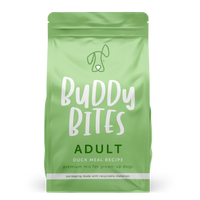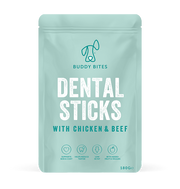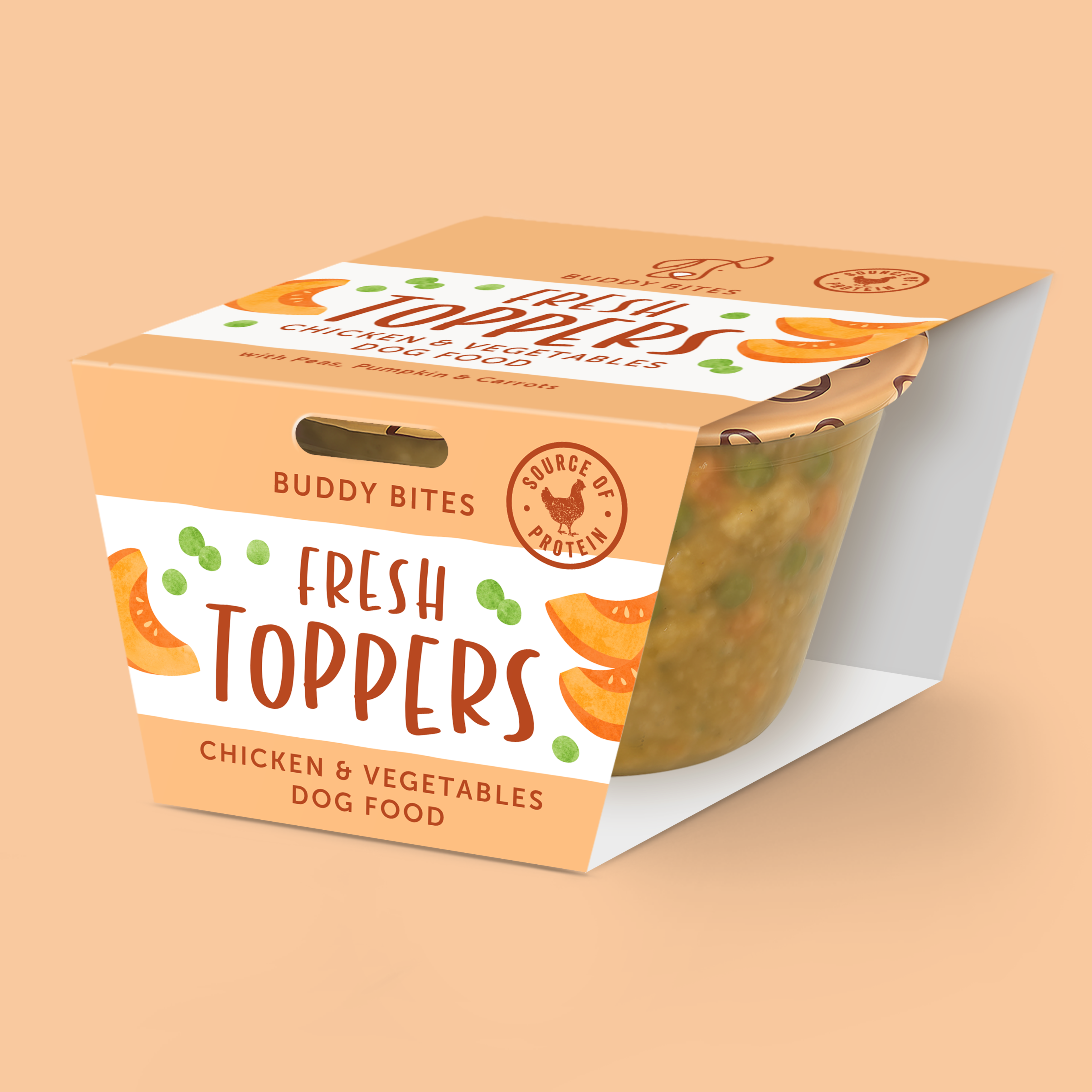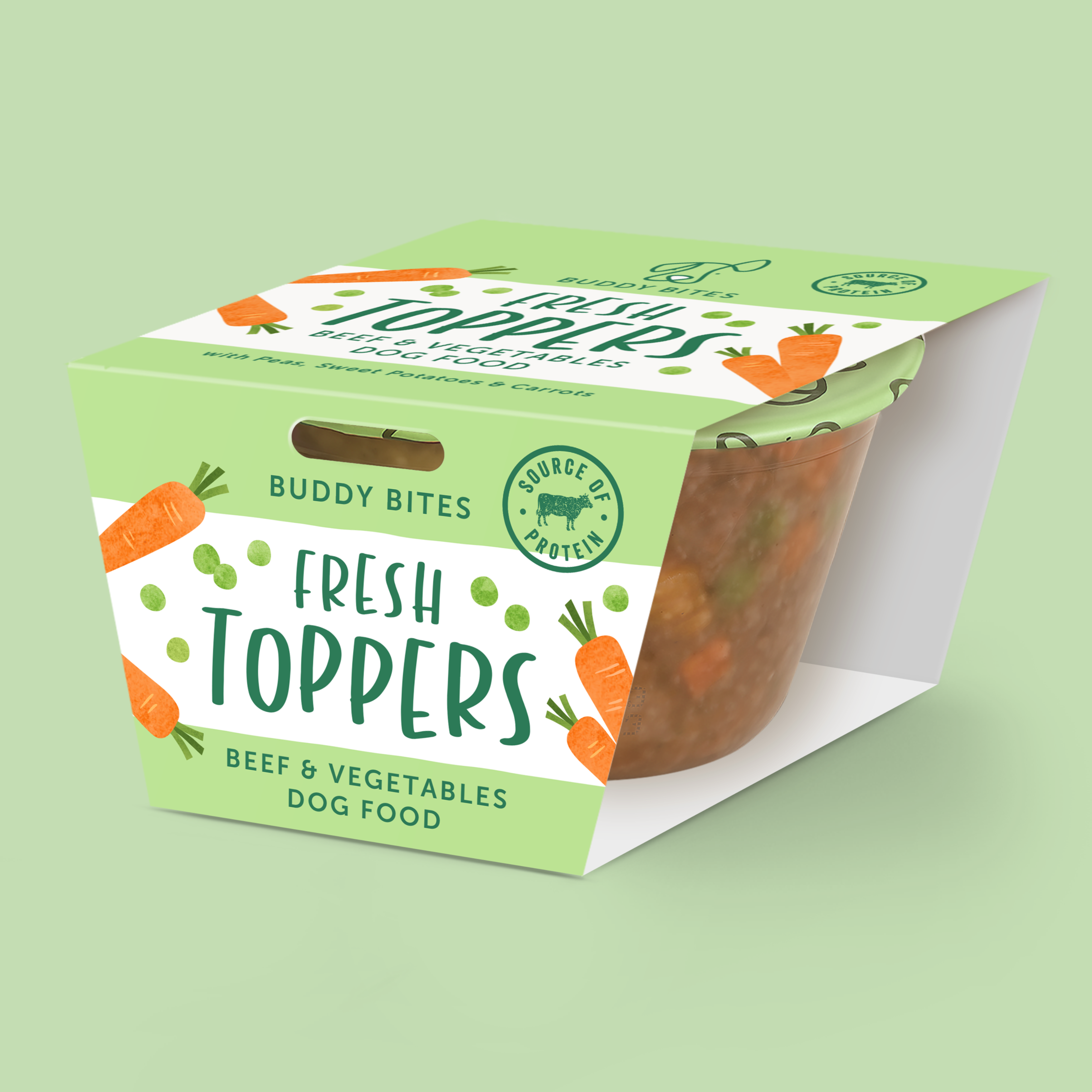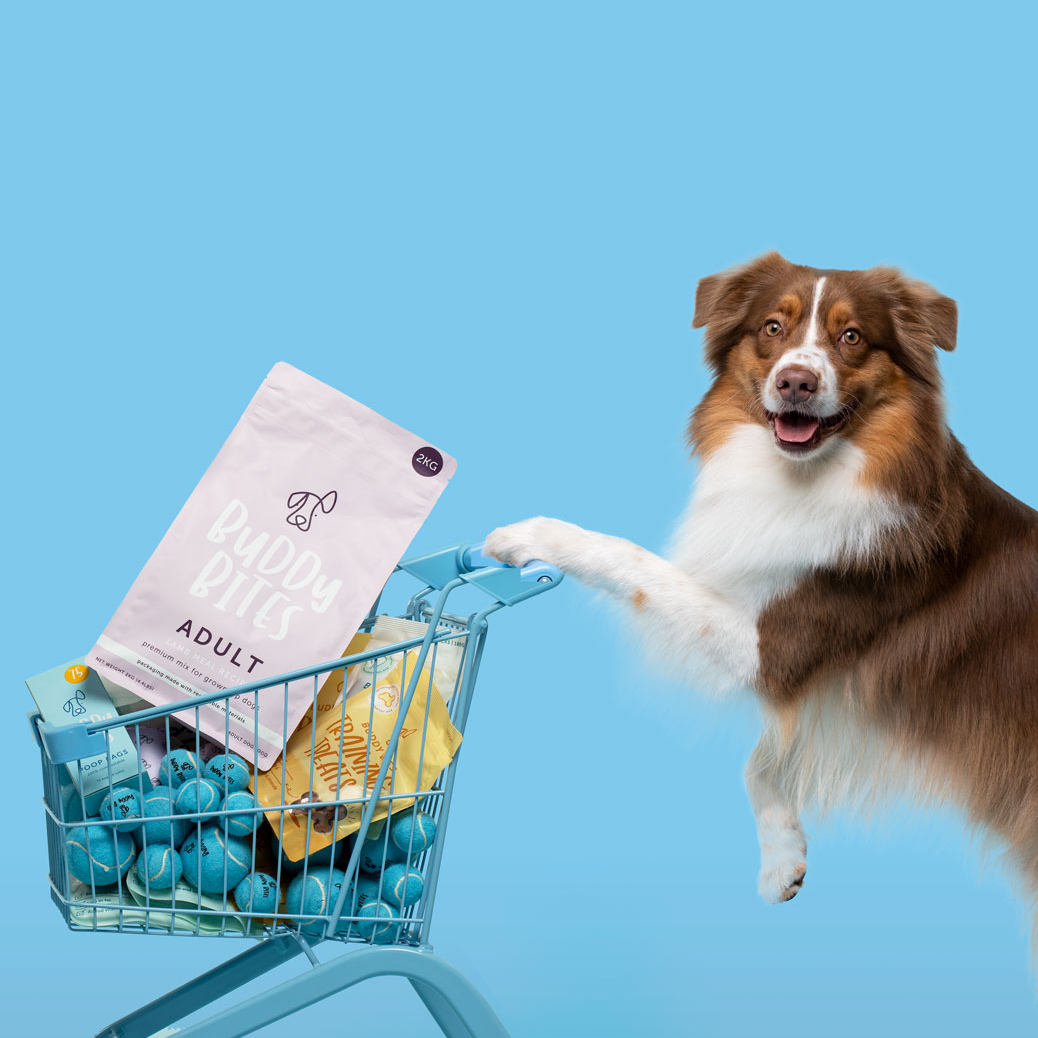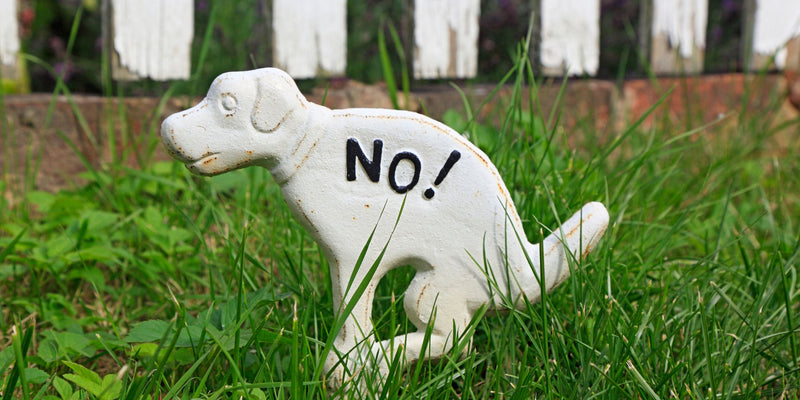What should you have in a dog first-aid kit?
August 01, 2023
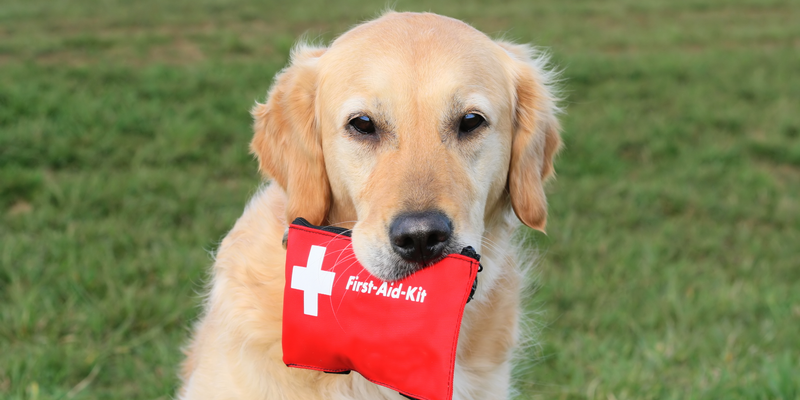
Creating a dog first aid kit is an essential step in being prepared to handle any minor injuries or emergencies that may arise with your furry companion. Just like us, dogs can experience accidents, cuts, or illnesses, and having a well-stocked first aid kit can make a significant difference in providing immediate care before seeking professional veterinary help.

Here's a comprehensive guide on what to have or prepare in a dog first aid kit:
- First Aid Manual: Start with a detailed first aid manual or guidebook specifically tailored for dogs. This will help you understand the basics of pet first aid and provide step-by-step instructions for handling common injuries and emergencies.
- Emergency Contact Information: Include a laminated card with essential contact information, such as your veterinarian's phone number, the nearest emergency animal clinic, and poison control helpline. Keep this card readily accessible for quick reference during an emergency.
- Gauze Pads, Bandages and Adhesive tape
- Antiseptic Wipes, Lotion, Spray or Solution
- Scissors and Tweezers
- Styptic Powder or Gel: In case of a broken toenail or minor bleeding, styptic powder or gel can help stop bleeding quickly.
- Muzzle: Even the most well-behaved dogs may become anxious or aggressive when injured. A muzzle can prevent them from biting during treatment.
- Thermometer: A digital thermometer specifically designed for dogs can help monitor their body temperature, which is essential in detecting fever or other health concerns.
- Latex or Nitrile Gloves
- Tweezers:
- Nail Clippers
- Cotton Balls and Swabs

Remember to periodically check and update your dog's first aid kit to ensure that all items are in good condition and not expired. Keep the kit in a designated and easily accessible location at home or in your car, especially during outdoor activities. While a first aid kit can be a valuable resource in handling minor injuries and emergencies, always remember that professional veterinary care is essential for more severe or complex health issues your dog may face.

